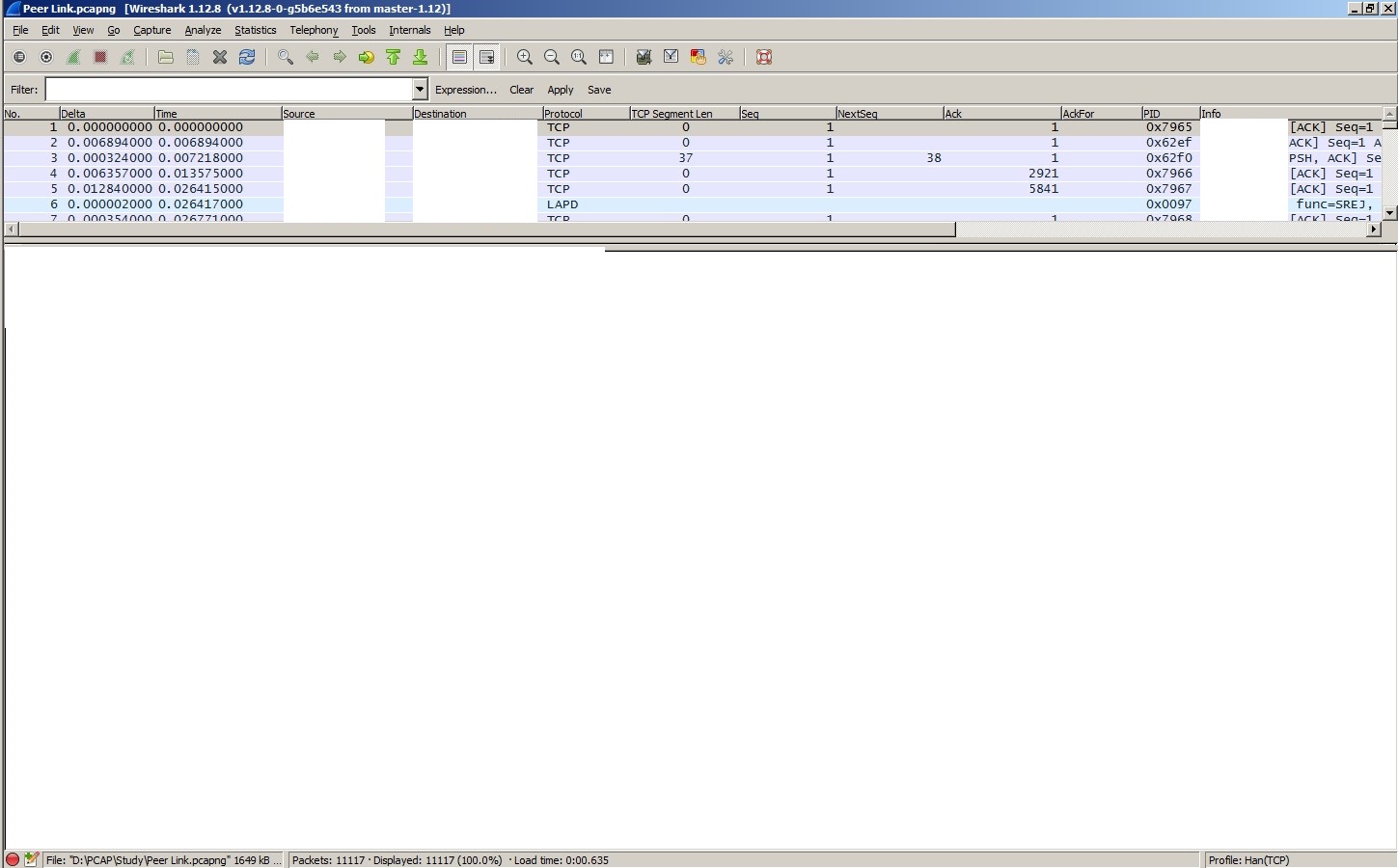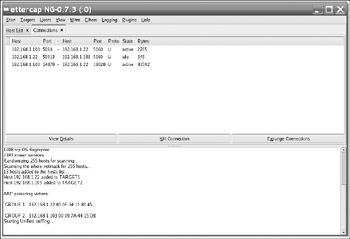


You can adjust the timing to have it run slower or faster than the original to change the amount of bandwidth it consumes. Or instead of reproducing individual applications, you can record a slice of all traffic on your network for a short period and replay it.

Want to simulate a hundred voice streams? Just capture one and have Netropy run a hundred copies. Then simply configure how many copies of each stream to run on the emulated WAN link. Then import those files into the Netropy emulator. Netropy will run each stream continuously in a loop until stopped so you don’t need to record a long sample.
Wireshark replay pcap movie#
Just fire up a Netflix movie and record a few minutes of the stream with Wireshark or any other packet sniffer. This feature makes it easy to see how other traffic on the network affects the performance of the application you’re testing.įor example, if you want to see how well your mission-critical ERP system will work when two users are watching Netflix, five are doing Skype video chat, and the sales team is doing a WebEx presentation, Netropy can now simulate that easily. I did two tests: Test 1: tcprewrite -infilecapturedtraffic.pcap -outfiletemp.pcap -srcipmap0.0.0.0/0:192.168.1.15 -enet-smac00:0c:29:de:78:42 tcpreplay -intf1eth0 temp.pcap. Hello everyone, I captured a tcp traffic using wireshark and saved the traffic in pcap file. I can open ‘result.pcap’ with Wireshark and export the file to text without any issues.įYI ‘replay.Perhaps the most important new feature added in Netropy v2.0, and certainly the most interesting, is the ability to replay PCAP files as background traffic. How can I replay a tcp packet captured by wireshark 0. I would be happy to have the first tshark call write the ‘result.txt’ file directly rather than using a second call to write it out, but I haven’t had luck with that either. It really looks like the issue is with running tshark, then tcpreplay, and finally tshark to translate to text–all those things together. If I comment out the replay launch (with ‘result.pcap’ in the translate call), there is again no error, and ‘result.txt’ has what I would expect. If (just to see) I replace ‘result.pcap’ with ‘replay.pcap’ in the translate call, there is no error, and ‘result.txt’ has what I expect. Tshark captures, tcpreplay replays ‘replay.pcap’, tshark writes ‘result.pcap’ to file, and this file contains what it should. Stdout=open("result.txt", "wb")) wait for the translation process to terminate TsharkProc = subprocess.Popen(tsharkTranslate, TsharkProc.poll() translate the pcap capture to a txt file TcpreplayProc = subprocess.Popen(tcprepla圜all) wait for the tshark capture process to terminate TsharkProc = subprocess.Popen(tsharkCapture, bufsize=0) snooze a bit, launch the replay file Tcprepla圜all = shlex.split("tcpreplay –intf1 %s –enable-file-cache –timer=gtod –quiet –loop=%s –pps=%s %s" % ("eth0", 1, 1, "replay.pcap")) start up tshark to generate a pcap file, which will (hopefully!) hold the relevant traffic TsharkTranslate = shlex.split("tshark -i -V") TsharkCapture = shlex.split("tshark -a duration:%s -i %s -F libpcap -w %s" % (10, "eth0", "result.pcap"))
Wireshark replay pcap code#
Code looks like this: # Capture and Translate calls for tshark I see 'tshark: Unrecognized libpcap format' on screen. After tshark stops capturing and writes a pcap to disk, I attempt to use another tshark call to translate that capture to text for parsing. I've got a python script that launches tshark and then uses tcpreplay to inject packets onto a small network.


 0 kommentar(er)
0 kommentar(er)
